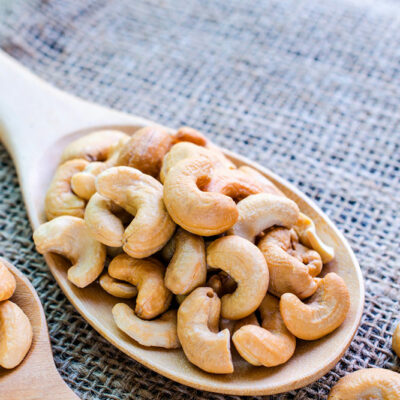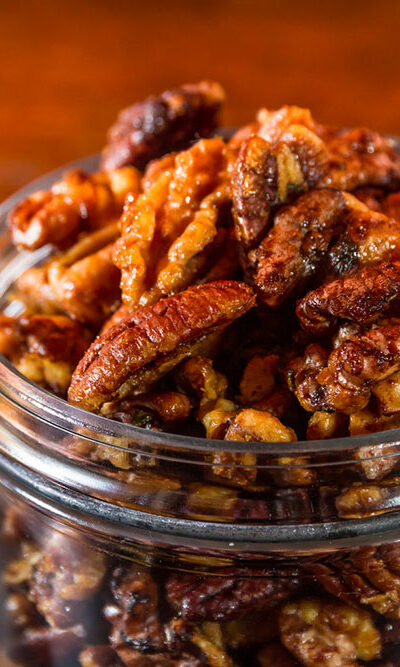
health
Tips to prevent asthma attacks
Asthma is a chronic respiratory disorder that affects millions of people around the world. It mainly causes inflammation in the airways and excess mucous production, interfering with breathing. If left unchecked, sudden asthma attacks can affect the patient’s everyday activities and even be potentially life-threatening. Therefore, patients should know the first signs and take necessary preventive measures before things go out of control. Here are five simple tips that help prevent impending asthma attacks. Identify and act swiftly Early identification is crucial for preventing asthma attacks. The sooner the patient identifies the symptoms, the more effective their action plan is. Experiencing shortness of breath, tightness in the chest, or a drop in expiratory flow rate, even while doing the least physically demanding activity, are among the telltale signs of progressing asthma. Carry preventive prescriptions One can manage the signs with quick-relief prescriptions and long-term treatments. Generally, doctors recommend inhalers, tablets, and even allergy shots to counter asthma attacks. In severe cases, inhaled corticosteroids, leukotriene modifiers, and beta-agonists help overcome the inflammation and relax the airway muscles. Patients must carry these prescriptions wherever they go to combat an emergency. Avoid unnecessary exposure Most asthma attacks are triggered by airborne pollutants like pollen, mold, spores, and pet dander.
Read More 










